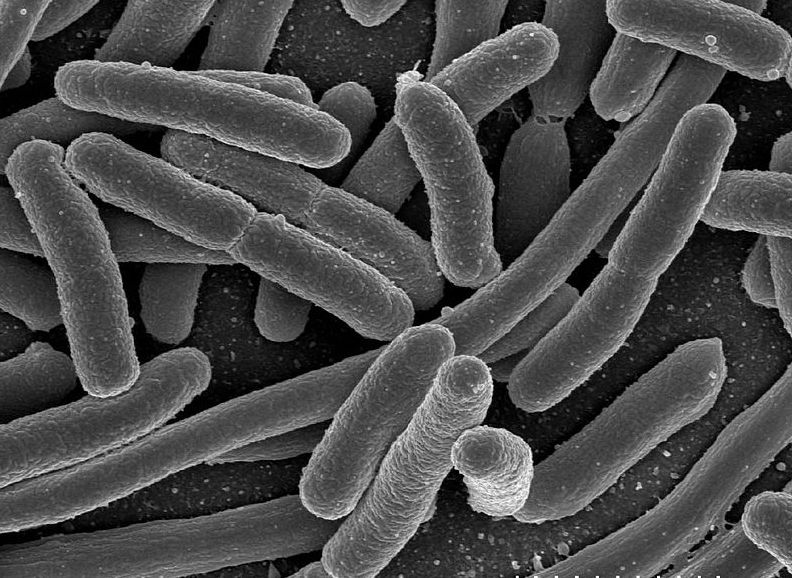(Edited from Quora) The Fast-5 intermittent fasting schedule (19/5), has been around since 2005 as a weight loss program, so there are people who’ve maintained it over ten years. Two of the most prominent benefits Fast-5 practitioners reported in a 2016 survey don’t really need scientific proof because you can see them yourself very easily if and when they occur:
1) Saving time. The time cost of planning, shopping for, preparing, consuming and cleaning up after meals adds up. On a schedule like Fast-5, you’re usually only eating one meal a day plus a snack, so the time savings adds up, on average, to a total of 22 days per year that you can spend on something else. It’s like having a whole vacation’s worth of time added to your year.
2) Saving money. Spending a few dollars here and there on meals adds up, too. Cut out 2/3 of that and it can add up to $40-50 per week: $2000-$2600 per year in your pocket instead of the food vendors’.
The rest of the survey results are here: [INFOGRAPHIC] Hope for Sustained Weight Loss Without Hardship
It may be a while before anything is scientifically proven regarding lifespan extension, at least in humans, because such a study would have to last about 100 years and have humans eating the same way for their entire lives. That’s not likely to happen. As for other measures, such as blood pressure, cholesterol, emotional stability and reduction of inflammatory disease, there’s no need to wait for a study because you can test these yourself in a “study of one.” No study result is going to be more relevant to your body than your own results. This is important because no other human will have the same genetics, microbiome, environment, stress, diet, and other factors as you — factors that make a difference in the long-term outcome. This approach is the basis of my TEDx talk.


